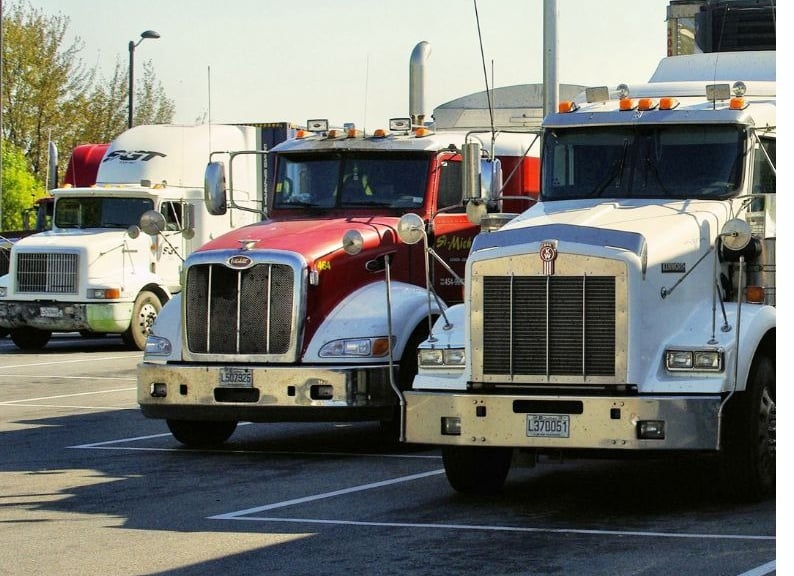How AI is Transforming Global Logistics By Remote Agents
AI is revolutionizing global logistics by enabling remote agents to optimize supply chains, automate processes, and enhance efficiency. From predictive analytics and route optimization to real-time tracking and autonomous decision-making, AI-driven solutions reduce costs, improve accuracy, and streamline operations. Remote agents leverage AI-powered tools to monitor shipments, manage inventory, and resolve disruptions, ensuring seamless logistics management across borders. This transformation enhances speed, reduces human error, and increases adaptability in a rapidly evolving industry.
Umar Nadeem
4/1/20251 min read


How AI is Transforming Global Logistics with Remote Agents
The Growing Role of AI in Global Logistics
AI is a game-changer in logistics, streamlining operations and ensuring seamless supply chain management. Here are some key areas where AI is making a difference:
a) Predictive Analytics for Demand Forecasting
AI algorithms analyze vast amounts of historical data to predict demand patterns accurately. This helps logistics companies optimize inventory levels, reducing wastage and avoiding stockouts. Companies like Amazon and Walmart leverage AI-driven demand forecasting to enhance their supply chain efficiency.
b) Route Optimization for Faster Deliveries
AI-powered route optimization tools analyze traffic conditions, weather patterns, and delivery schedules to determine the most efficient routes. This reduces fuel consumption, lowers operational costs, and ensures timely deliveries. Companies like UPS and FedEx use AI to optimize delivery routes dynamically.
c) Real-time Shipment Tracking and Monitoring
AI-driven tracking systems provide real-time updates on shipments, allowing logistics companies and customers to monitor their deliveries. Advanced AI solutions can detect potential delays and suggest alternative solutions to prevent disruptions.
d) Autonomous Warehousing and Robotics
AI-powered robots and automated systems are transforming warehouse operations by improving inventory management, order picking, and sorting. Companies like Amazon use AI-driven robots in their fulfillment centers to increase efficiency and reduce labor costs.
